Cyanobacteria are oxygenic photosynthetic prokaryotes that contribute largely to the balance between CO2 and O2 in the atmosphere. Adapted to a wide range of environmental conditions, they colonize most ecosystems. In continental and marine water bodies, the abundance of bloom-forming representatives disrupts the equilibrium of these environments and the potentially associated cyanotoxins may be harmful to animals and Man.
Since July 2009, the Collection of Cyanobacteria has housed the Pasteur Cultures of Cyanobacteria (PCC), a valuable collection comprising 800 diverse axenic and monoclonal strains. It continues to provide a range of services, including the acquisition, preservation, and distribution of these organisms. This biological resource is also used for our own research programs focused on the Evolution of cyanobacteria and the genetics of the natural products of these microorganisms.





PCC - Pasteur Cultures of Cyanobacteria Taxonomic and functional diversity of cyanobacteria.
Contact: collectionpcc@pasteur.fr
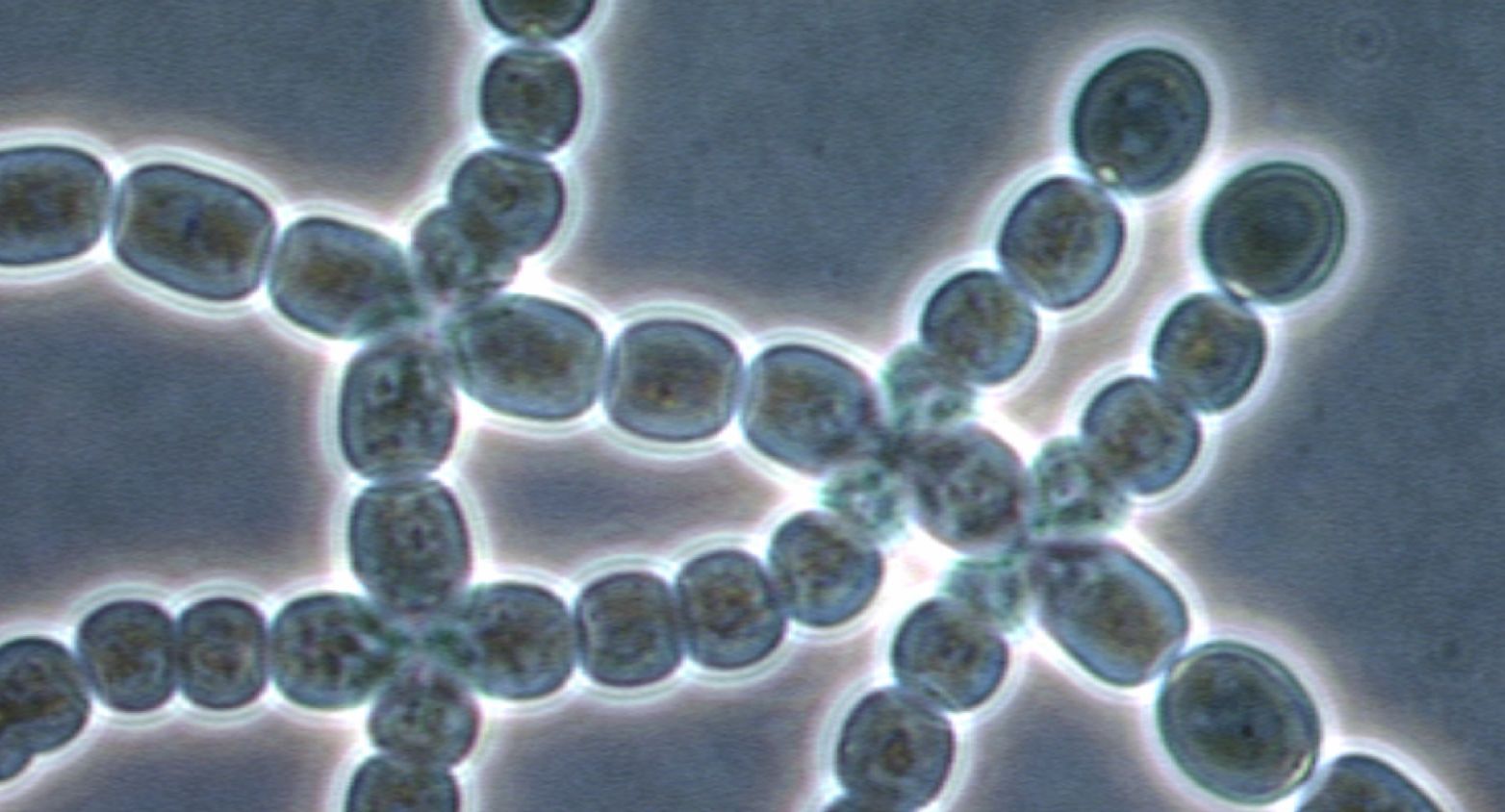
The heterocytous cyanobacterium Trichormus sp. PCC 7120 is a model cyanobacterium used to unravel the cellular differentiation, physiological studies and mutational insertions to examine heterocyst patterns.
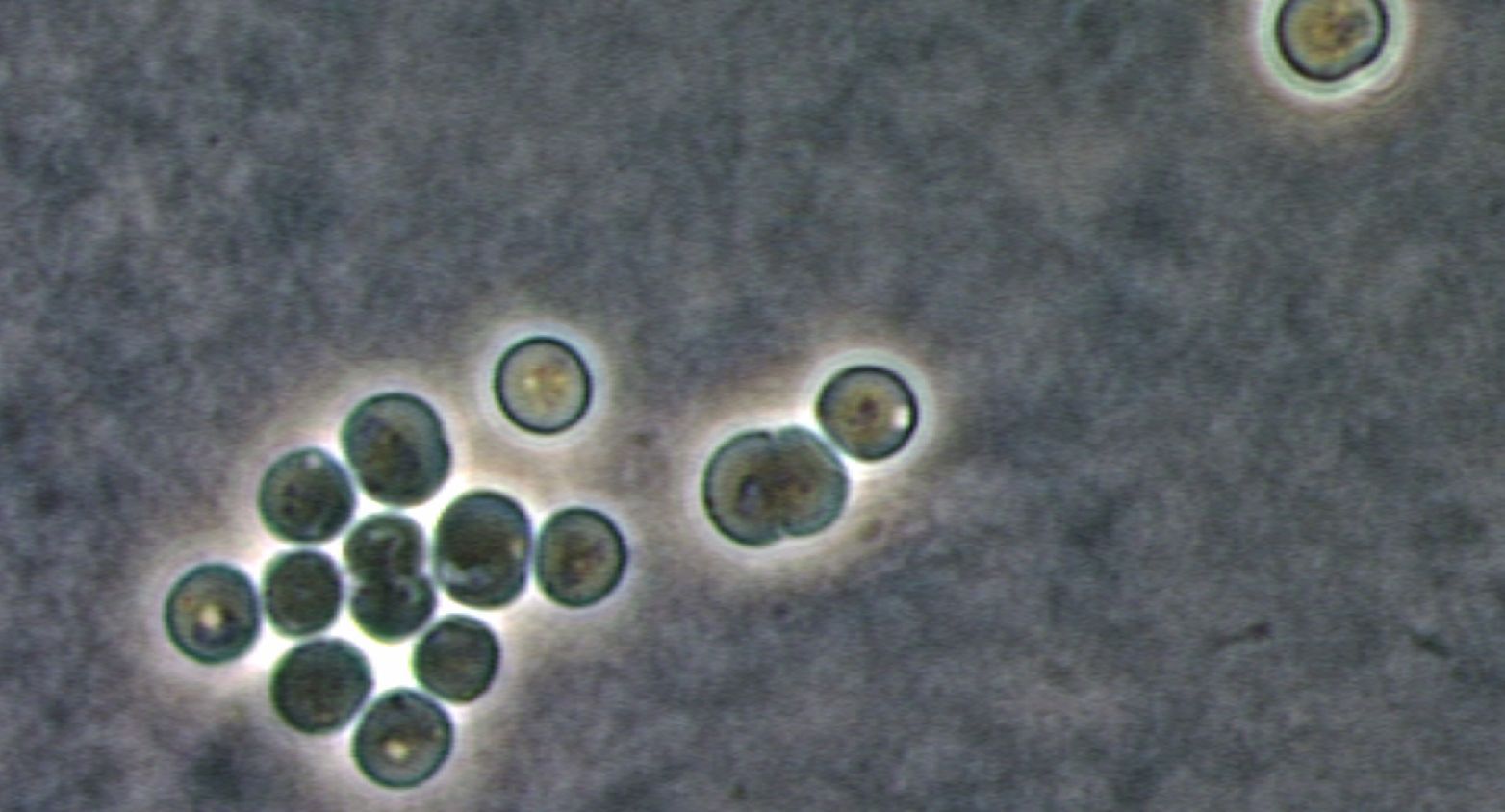
The strain Synechocystis sp. PCC 6803 was the first sequenced phototrophic organism and is a robust model for research worldwide. This unicellular cyanobacterium is a widely used strain for genetic and mutational studies.
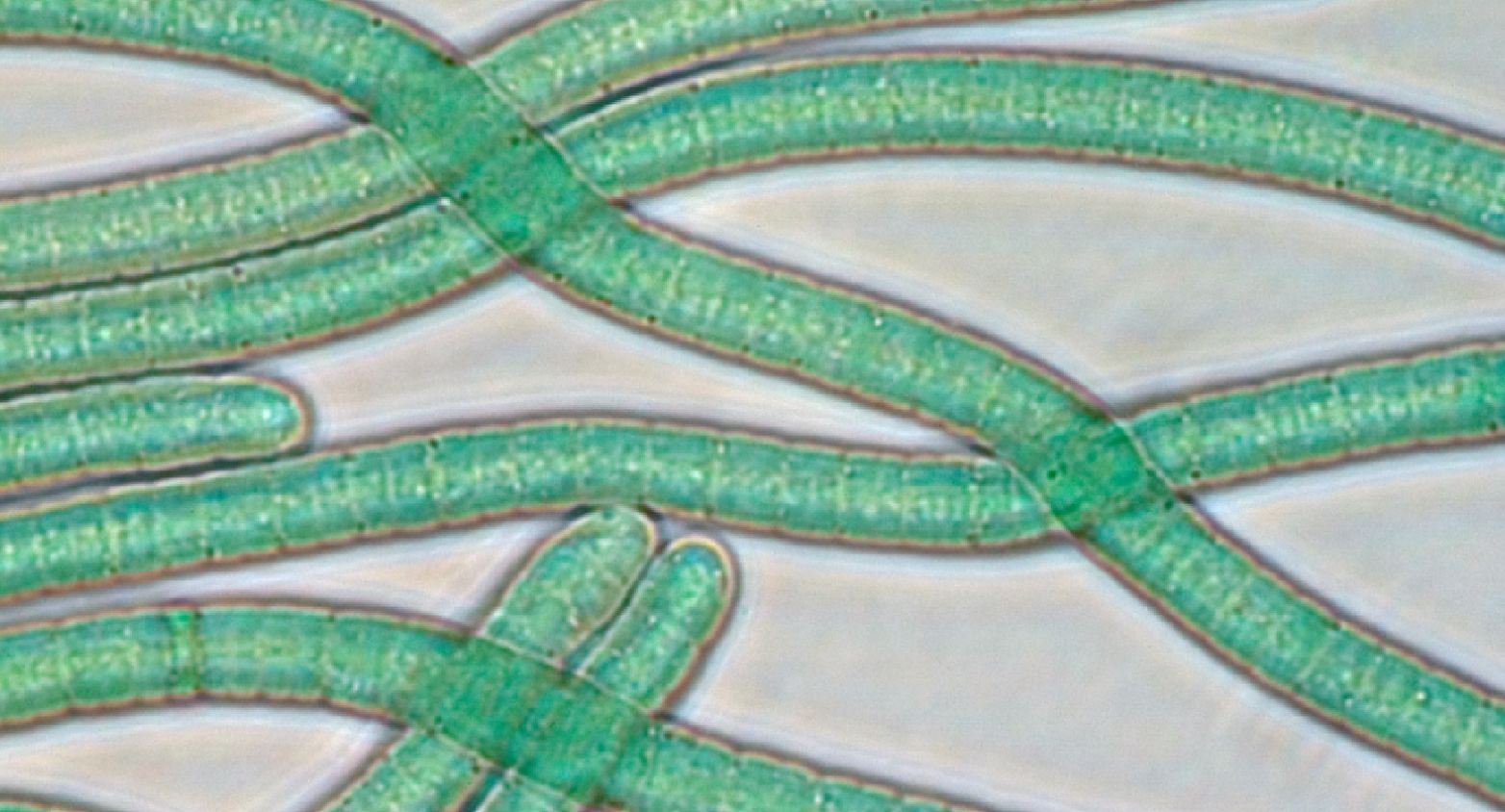
The strain PCC 9631 is the type strain for Planktothrix paucivesiculata. This benthic filamentous cyanobacterium is producing luminaolide B, an unstable dimeric molecule of tolytoxin and other natural products yet to be discovered.
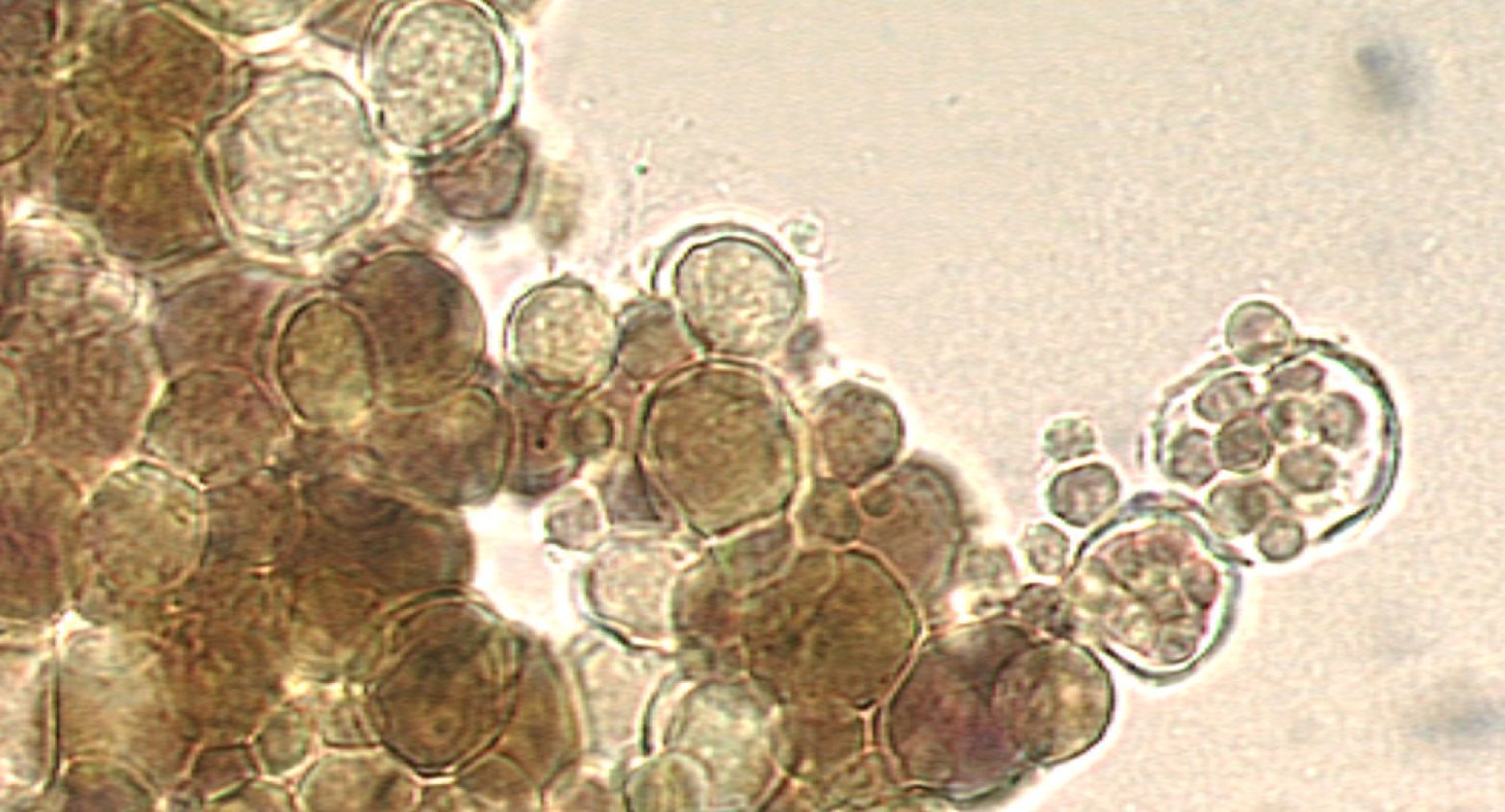
The strain Stanieria sp. PCC 7301 is a marine Pleurocapsalean cyanobacterium harbouring a well-developed baeocyte. This strain belongs to the most enigmatic natural product producing cyanobacterial group.
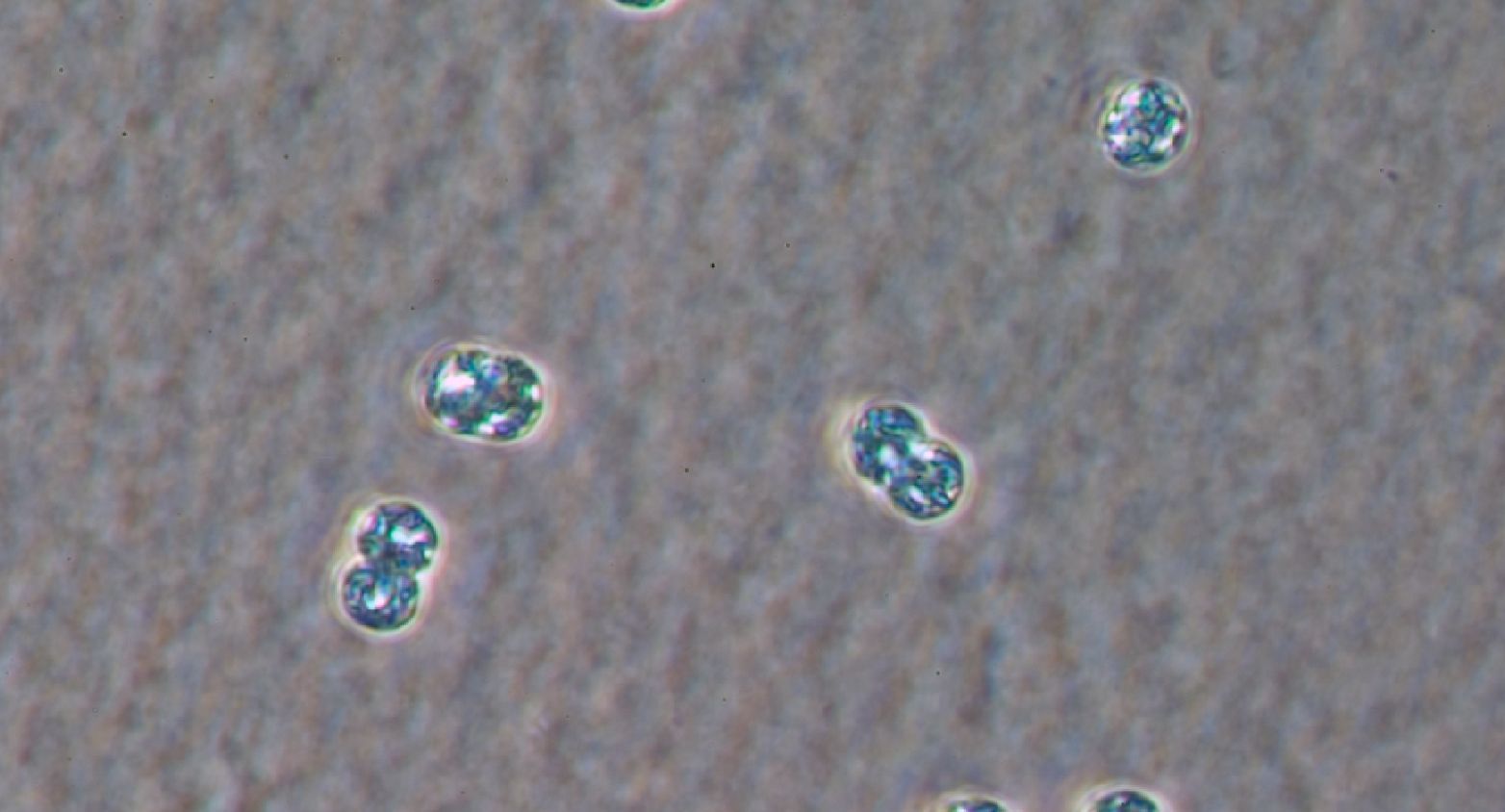
The strain Microcystis aeruginosa PCC 7806 is a toxic bloom-forming cyanobacterium, found worldwide. It was a model to unravel the microcystin biosynthesis and was used to create a mutant of the microcystin pathway.

The strain Fischerella sp. PCC 7521 is a thermal cyanobacterium that harbours clear ramifications, found in streams of water worldwide. It belongs to the Fischerella clade, a well defined genetic lineage.





The distribution of cyanobacterial strains is intended for public or private research and educational institutions with adequate laboratory facilities, adapted to the handling of the requested strains. The strains are distributed for scientific use under a General Terms and Conditions of Use, in compliance with our internal Charter and with national and international standards and regulations.
First browse the online catalogue and then send an email indicating the strains of your choice to collectionpcc@pasteur.fr
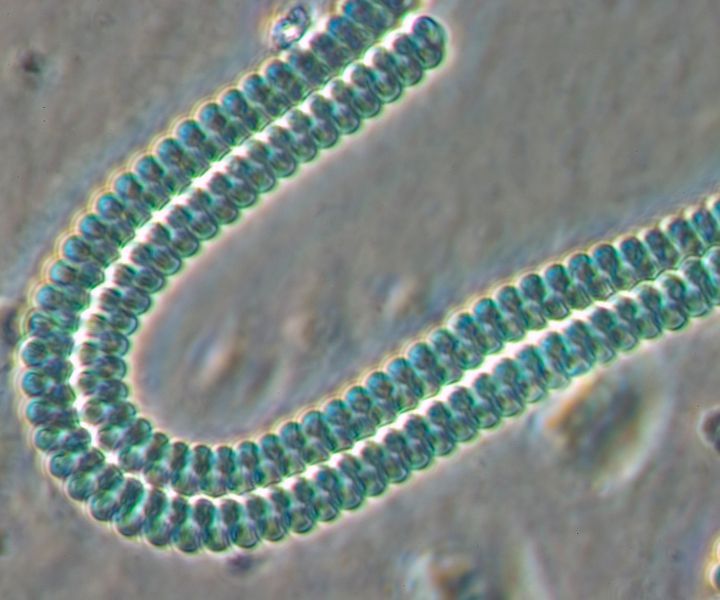
The PCC will reply to your request for PCC strains upon receipt of the completed “Declaration to order PCC strains” and “Customer account form". With this information, the PCC will prepare an MTA "Material Transfer Agreement". The MTA, with the prices for the strains including shipment fees indicated in Euro, will be sent to you to be signed by the responsible scientist and the institution in which she/he works. The order will be processed only if the MTA is properly signed. In addition, we will also need a corresponding formal Purchase Order from your institution; please ask for it from your administrative department.